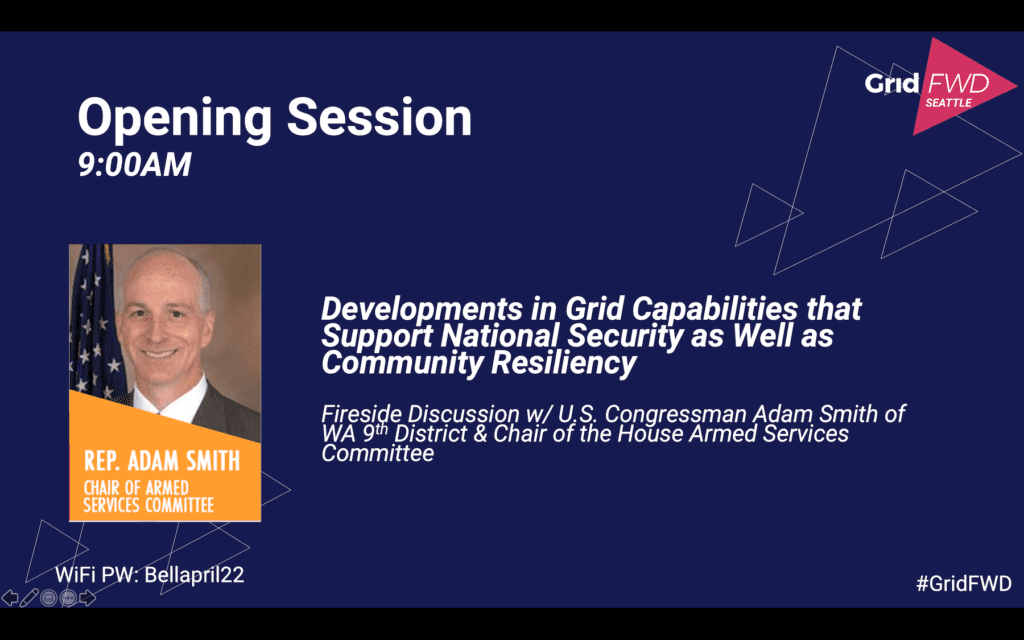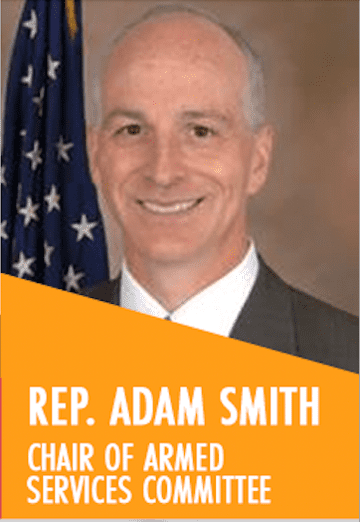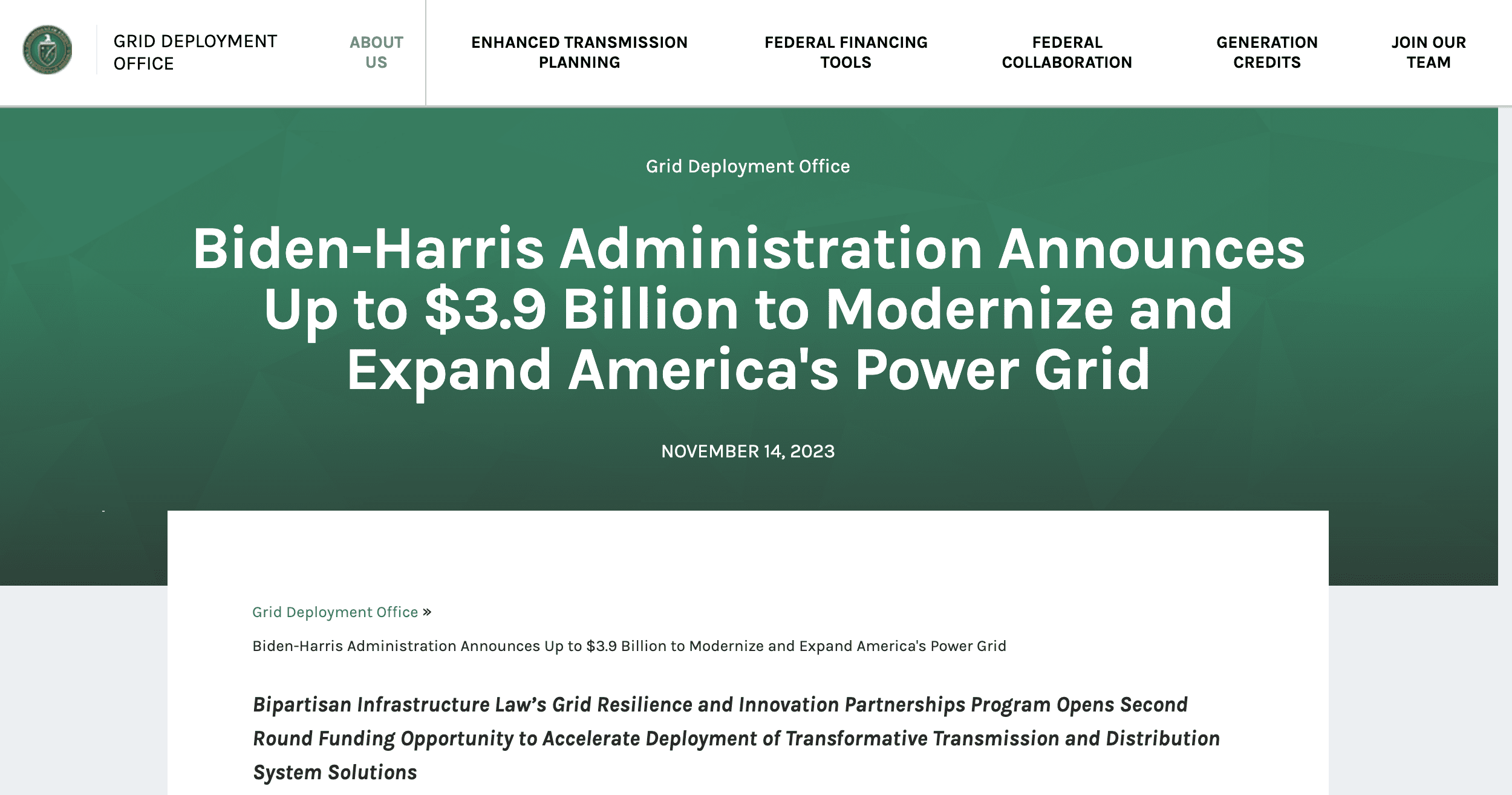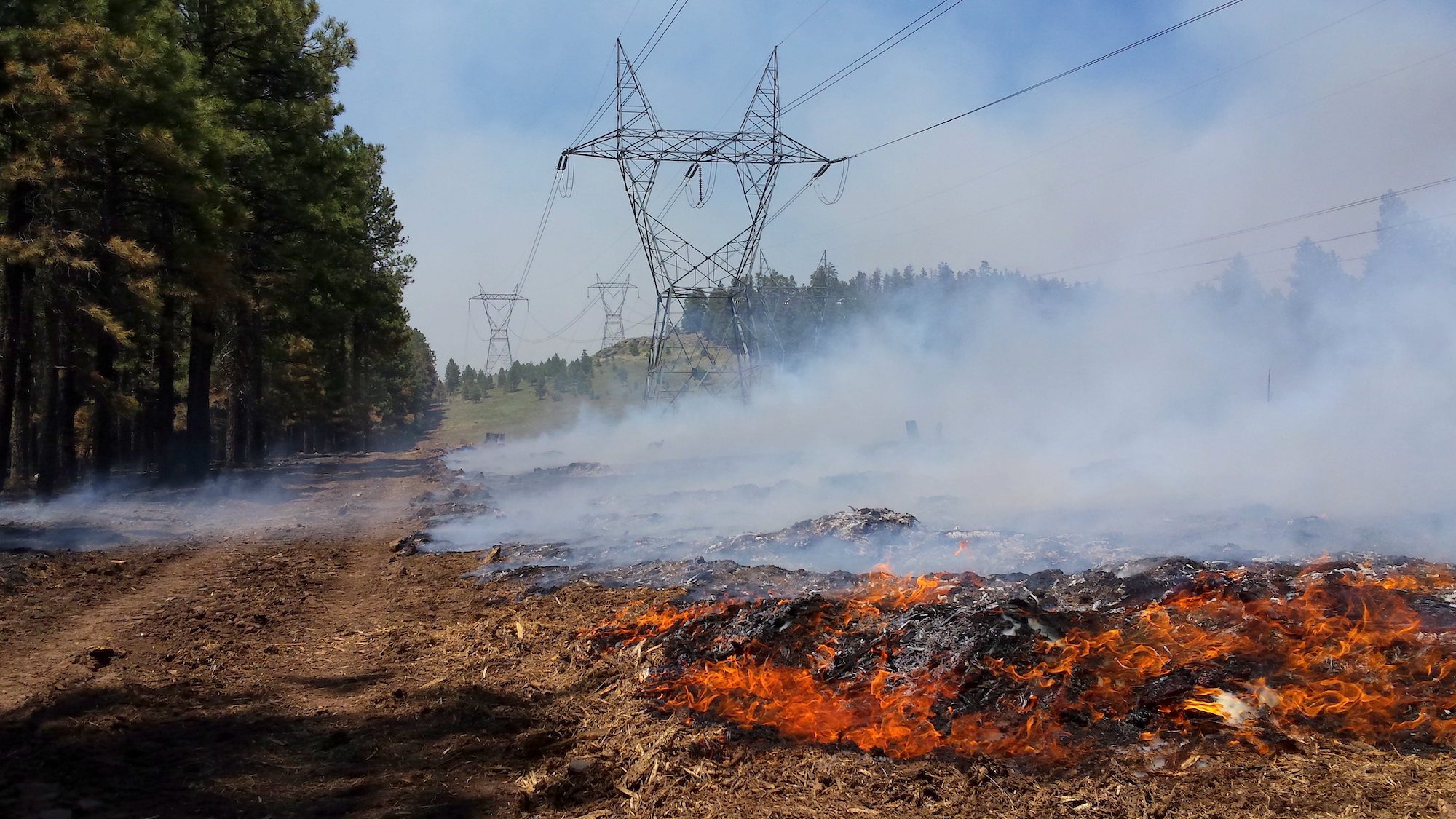Remarks by Congressman Adam Smith, Chair of the House Armed Services Committee
By Linda Barney, Barney and Associates
The sold-out GridFWD 22 conference was held on April 19 and 20, 2022 in Seattle, Washington. The theme of the conference was Keeping Pace with the Energy Transition and included speakers from the electric industry, technology, government and other industry leaders. There was a sense of urgency and purpose as attendees worked together to produce ideas on how to address issues of revitalizing the electric grid, working to meet power decarbonization goals, and increasing grid security.

Congressional Representative Adam Smith, Chair of the House Armed Services Committee spoke about the overlap of advanced grid solutions and how grid issues can impact national security interests. Smith shared, “This is an Incredible moment and an opportunity to meet climate change and energy challenges that we have. As you know, Congress passed an enormous bi-partisan Infrastructure Investment and Jobs Act (IIJA) bill in 2021 which has funding for a wide variety of projects that can help improve our transmission energy grid, getting us off of fossil fuels and building a clean energy future.”
“There are many private groups investing in new technologies that are critical to reaching the goals.” Smith said, “We have the opportunity to reach the goals, the resources and commitment is there—we just have to work together to get to the results. We must make investments in technology that are crucial to help us reach a clean energy future. This is an enormous challenge for the country and globally to build a clean energy future. We must now spend the money wisely and make the right choices and to build clean energy.”

“In terms of geopolitical issues and cybersecurity issues, the more resilient our electrical system is the less vulnerable we are to world events.”
Rep. Adam Smith
“Talking about climate change, energy policy must be approached in way that is acceptable to the average consumer. There are basically two camps of thought relating to climate change. There are those that are enthusiastic about solving issues caused by climate change, but many people are worried about economic challenges and how much will it cost to heat their home and fill up the gas tank. I think we can meet the challenges of both of these groups and that we can face the challenge of climate change and build a clean energy future and make sure it is affordable for the average consumer. We must focus on how energy remains affordable for people,” indicated Smith.
According to Rep Smith, “In terms of geopolitical issues and cybersecurity issues, the more resilient our electrical system is the less vulnerable we are to world events. In the Department of Defense (DOD), we are making sure that every place in the system has a micro-grid so it can self-generate electricity if the larger grid goes down. It is an opportunity to protect us from external threats and to help make us more secure,” says Smith. “One area that needs to be defined are metrics to measure progress such as percentage of energy that is produced by a micro-grid to make a system resilient.”
“The U.S. is currently producing more carbon-based fuels than at any point in our history.” Smith stated, “As long as we are dependent on fossil fuels, we are dependent on the global fuel market. We are already generating electricity from wind and solar, but it is not enough. We must look at new alternatives such as developing biofuels, hydrogen and nuclear options must also be on the table. In a global market, you will never be entirely energy independent. You must maximize your options and make sure that your energy source is secure and build resiliency and options into the system. A promising sign is consumers are choosing to switch to electric vehicles which will aid in fossil fuel usage.”
The bipartisan infrastructure law built in many opportunities for collaboration and partnerships. The private sector is already investing in better battery storage technologies and better energy transmission technology.
“One of the single biggest problems we face in the U.S. is income inequality, there is an incredible gap in the earnings of shareholders, investors, executives, and the average worker. Anything a company can do to pay decent wages and benefits to employees will make them more interested in larger issues such as climate change. The Infrastructure and Jobs Acts bill is a step in the right direction,” indicates Smith.
In terms of energy usage by the DOD, “Grid resiliency is important at DOD. We generate energy at local military bases and invest in technology that can help lower energy use. We are actively spending energy funding investments that can also help private industry. Think about DOD as a possible source to help you develop solutions. In addition, Congress is here to help, we want to work to bring people together including private sector, federal and state, and local public power agencies to solve the problem of energy resilience,” says Smith.
Grid Forward hosted its GridFWD main event April 19-20 in Seattle. Rep Adam Smith was among the featured speakers. More details about the event and upcoming gatherings can be found at gridforward.org



